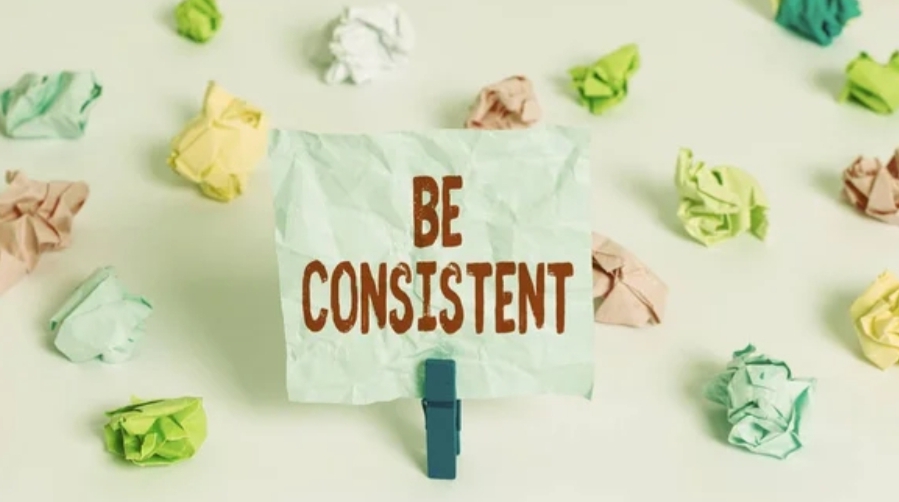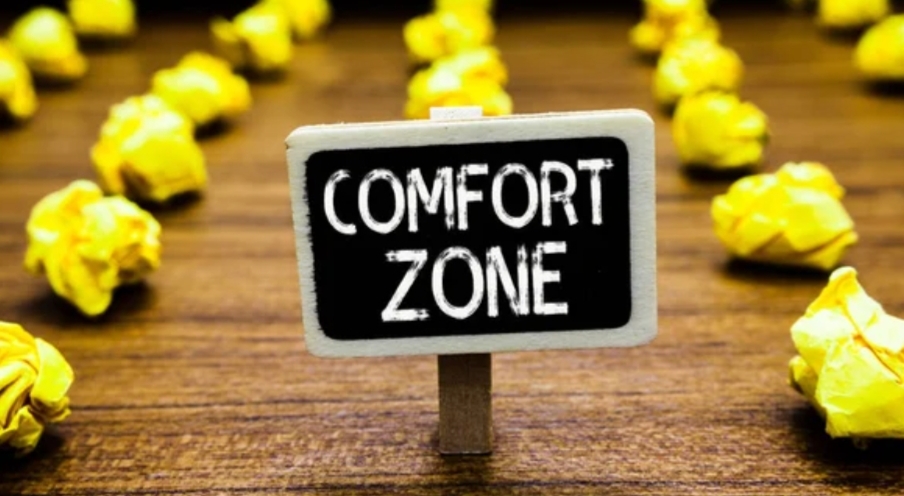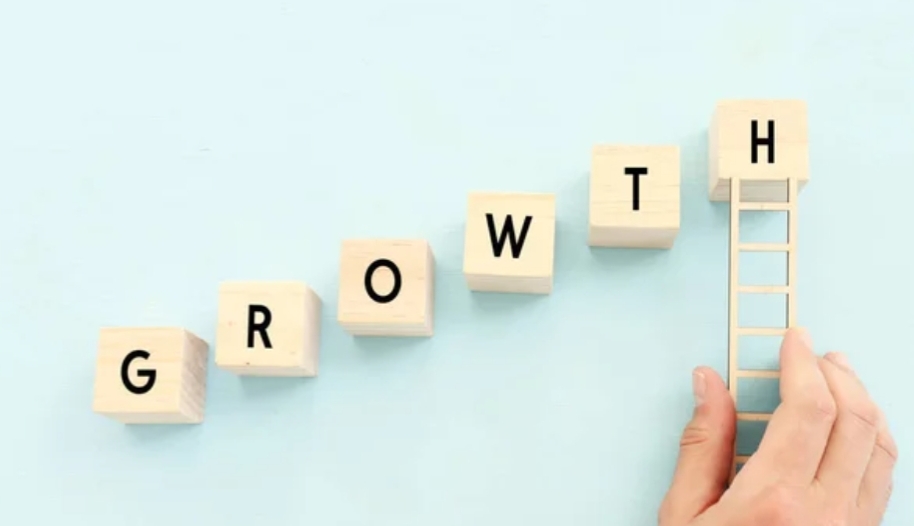
We’ve all been there. It’s that electric, slightly maddening sensation where the thing you’ve been chasing. A career milestone, a fitness goal, or a creative breakthrough, is no longer a distant star. It’s right there. You can practically feel the texture of the finish line, it feels within the reach of your hand.
This “almost there” phase is one of the most psychologically complex spaces a human can inhabit. It’s a cocktail of adrenaline and anxiety, where the finish line is close enough to touch but still far enough to lose.
The Psychology of the Near-Win
In psychology, this is often linked to the Goal Gradient Effect. The closer we get to a reward, the harder we work to achieve it. Rats in a maze run faster as they approach the cheese, and humans put all their efforts more readily when a project is 90% complete.
However, being within the reach of your hands brings a unique set of challenges:
- The Last Mile Fatigue: The final stretch is often the most grueling. When the goal is abstract, you pace yourself. When it’s visible, you sprint, and that’s when burnout or sloppy mistakes tend to happen.
- The Fear of the Slip: When something is miles away, failing doesn’t hurt as much. But when it’s within reach? The stakes feel sky-high. The possibility of a near-miss creates a specific kind of tension.
- Hyper-Focus: When you feel like its within the reach of your hands, your world narrows. The distractions of the journey fall away, leaving only you and the objective.
Navigating the “Within Reach” Zone
How do you handle the pressure when the prize is dangling right in front of you?
- Check Your Grip: Don’t squeeze too hard. In sports, this is called “choking”, when the conscious desire to win interferes with the flow and subconscious skill you’ve built. Trust the process that got you this far.
- Ignore the What Ifs: At this stage, your mind will try to play the movie of your success or failure. Stay in the mechanics of the task. If you’re writing a book, focus on the sentence, not the bestseller list.
- Breathe into the Gap: Acknowledge that the within reach feeling is a sign of progress. It’s a moment to be savored, not just survived.
Why We Chase the Feeling
Ultimately, we live for the moments where the gap between imagination and reality begins to close. That shimmer of possibility, that I can actually do this, is the ultimate fuel. It’s the bridge between the person you were when you started and the person you are about to become.
So, if you feel like you’re reaching out and your fingertips are just brushing the surface of your goal: Keep reaching. The tension you feel isn’t a barrier instead it’s the pull of the destination.









